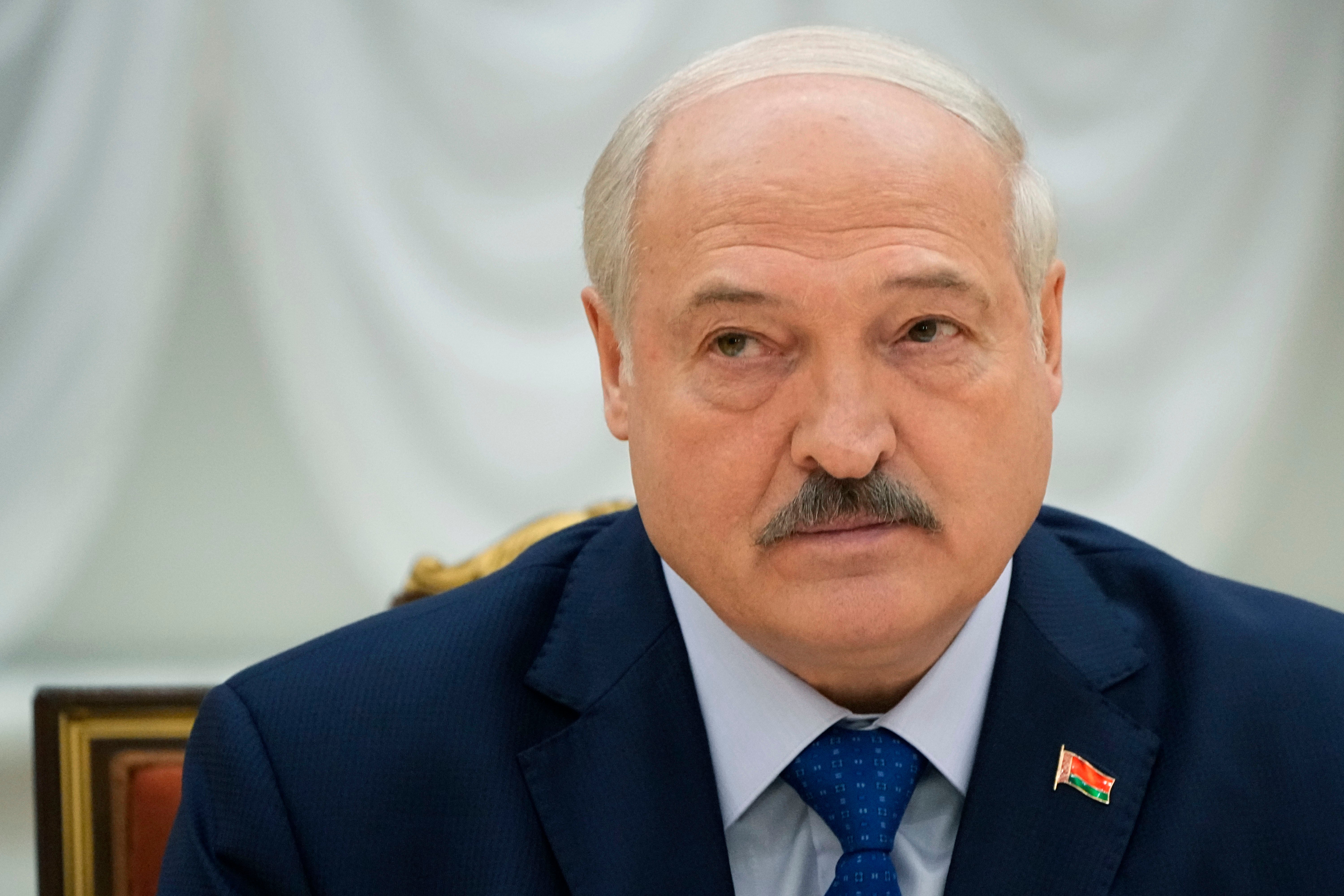OSCE laments Belarus' refusal to allow its monitors to observe February's parliamentary vote
A top trans-Atlantic security and rights watchdog is criticizing Belarus’ refusal to allow the group to observe its parliamentary vote, saying that it defies the country’s international obligations

Your support helps us to tell the story
From reproductive rights to climate change to Big Tech, The Independent is on the ground when the story is developing. Whether it's investigating the financials of Elon Musk's pro-Trump PAC or producing our latest documentary, 'The A Word', which shines a light on the American women fighting for reproductive rights, we know how important it is to parse out the facts from the messaging.
At such a critical moment in US history, we need reporters on the ground. Your donation allows us to keep sending journalists to speak to both sides of the story.
The Independent is trusted by Americans across the entire political spectrum. And unlike many other quality news outlets, we choose not to lock Americans out of our reporting and analysis with paywalls. We believe quality journalism should be available to everyone, paid for by those who can afford it.
Your support makes all the difference.A top trans-Atlantic security and rights watchdog has criticized Belarus' refusal to allow the group to observe its parliamentary vote, saying that it defies the country's international obligations.
Belarusian authorities announced Monday that they wouldn't invite observers from the Organization for Security and Cooperation in Europe to monitor February's parliamentary and local elections.
Belarus is a member of the OSCE, and the group’s monitors have been the only international observers at Belarusian elections for decades.
The OSCE said the move violates the commitments Belarus has made as a group member.
Matteo Mecacci, the director of the OSCE’s Office for Democratic Institutions and Human Rights, said that Belarus' refusal "will prevent the country’s citizens and institutions from benefiting from an impartial, transparent and comprehensive assessment.”
“This is contrary to the commitments made by Belarus, and goes against both the letter and the spirit of collaboration on which the OSCE is based,” he added.
Belarus' refusal to allow OSCE monitoring is the latest move by authoritarian President Alexander Lukashenko to further cement his nearly three-decade rule.
The parliamentary vote on Feb. 25 will be the first election since the contentious 2020 presidential balloting that gave Lukashenko his sixth term in office and triggered an unprecedented wave of mass protests around the country.
Lukashenko’s government responded with a harsh crackdown, arresting more than 35,000 people. Many of those have been brutally beaten by police and forced to leave the country.
This year’s election will take place amid continued repression and as some 1,500 political prisoners remain behind bars, including leaders of opposition parties and renowned human rights advocate and 2022 Nobel Peace Prize winner Ales Bialiatski.
Belarusian authorities have carried out “re-registration” of political parties operating in the country of 9.5 million, granting credentials to only four pro-government parties out of 15 that had operated in the country at the beginning of last year. Opposition politicians are not expected to get on the ballot.
Belarusian opposition leader Sviatlana Tsikhanouskaya, in exile in neighboring Lithuania, urged Belarusians to boycott the vote, calling it “a farce without international monitoring.”